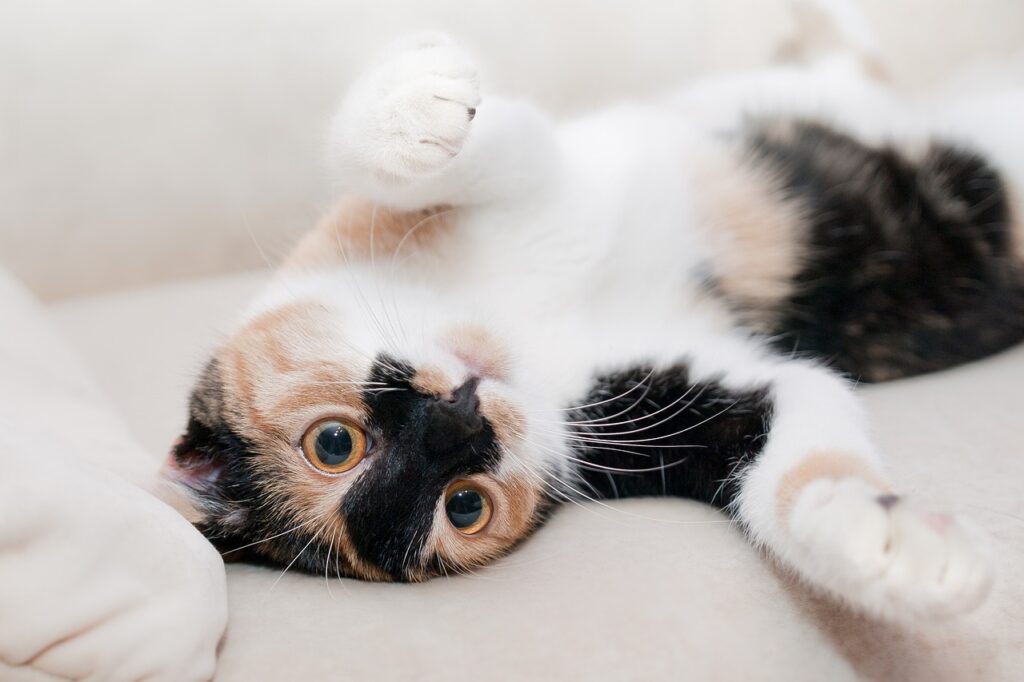Can Cats Eat Bones? – No, They Can’t
When we think about what our feline friends can eat, the question of whether cats can safely consume bones comes up. In short, cats should not eat bones. Bones can splinter and become quite dangerous, causing harm to a cat’s mouth, throat, or digestive system.
Is It Safe for Kittens to Consume Bones?
No, it’s even less safe for kittens to consume bones. Their smaller size and developing digestive systems make them more vulnerable to the hazards bones could pose.
Risks Associated with Feeding Bones to Kittens
The possible dangers of offering bones to kittens include choking, obstructions in their digestive system, and even broken teeth. These risks are amplified in kittens due to their inquisitive nature and immature body structures.
Why Bones are Not Recommended for Cats
Choking Hazard
Bones can easily splinter and become lodged in a cat’s throat, which could lead to choking. This is one of the biggest risks associated with feeding bones to cats or allowing them to chew on them.
Digestive Issues
Even if a cat manages to chew a bone without immediate harm, the fragments can damage their digestive tract, possibly causing perforations or blockages, which are serious and potentially life-threatening conditions.
Dental Damage
Cats’ teeth are not designed to chew on hard materials like bones. Attempting to do so can result in broken teeth, which can lead to infections or the need for veterinary dental work.
Known Health Issues in Cats from Consuming Bones
Health issues resulting from cats consuming bones can include gastrointestinal obstruction, constipation from bone fragments, and painful injuries within the mouth or to the internal organs.
What to Do If a Cat Has Consumed Bones?
- Immediate Veterinary Attention: If you suspect your cat has ingested bone fragments or is showing signs of distress, seek veterinary care immediately.
- Maintain Hydration: Ensure your cat has access to fresh water to help pass small bone fragments that may have been swallowed.
- Monitor Behavior: Keep an eye on your cat’s eating and bathroom habits, and watch for any signs of pain or blood, which are indications of an emergency.
Safe Alternatives to Bones for Cats
Instead of bones, consider safer chew options manufactured specifically for cats. There are many cat-friendly toys and treats that are designed to be both safe and satisfying for your cat’s chewing instincts.
Conclusion
To conclude, it’s vital to avoid giving bones to cats to keep them safe and healthy. There are many safe and cat-friendly alternatives that can provide the enjoyment and dental health benefits without the risks associated with bones.



